Kochi: The Queen of the Arabian Sea — A Historic Gateway of Spice, Culture, and Commerce
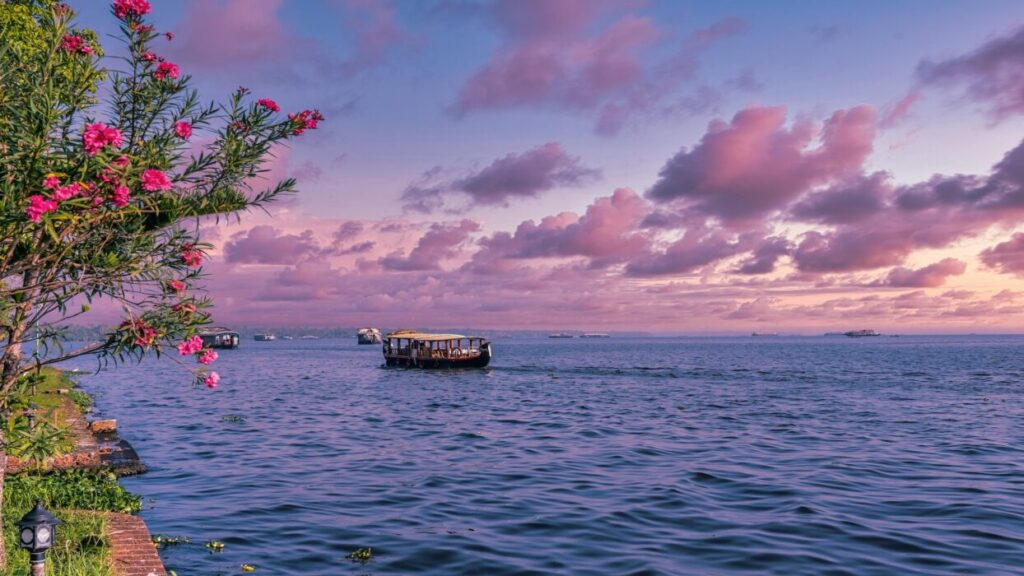
Kochi: The Queen of the Arabian Sea — A Historic Gateway of Spice, Culture, and Commerce
Exploring the timeless maritime charm and global legacy of Kerala’s iconic port city
Kochi, also known as Cochin, is one of India’s most fascinating coastal cities, a place where history, trade, and culture converge. Famously called “The Queen of the Arabian Sea,” Kochi earned this title for its central role in global maritime trade, especially during the height of the spice trade era. Situated on the southwest coast of Kerala, this port city became the beating heart of commerce, connecting India to Europe, the Middle East, and Southeast Asia.
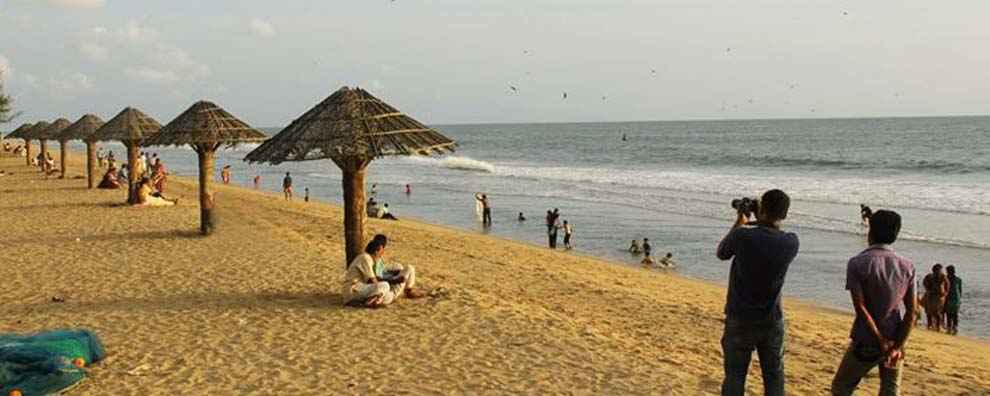
A Global Hub in the Spice Trade
For centuries, Kochi was synonymous with spices — pepper, cardamom, cinnamon, nutmeg, and cloves — that travelled from its shores to markets across the world. Kerala, often called “The Spice Garden of India,” remains one of the largest spice producers globally, contributing over 95% of India’s black pepper and a major share of its cardamom and nutmeg exports.
Kochi’s well-connected port became the launch point for this rich trade, cementing its reputation as a bridge between cultures, economies, and civilisations.
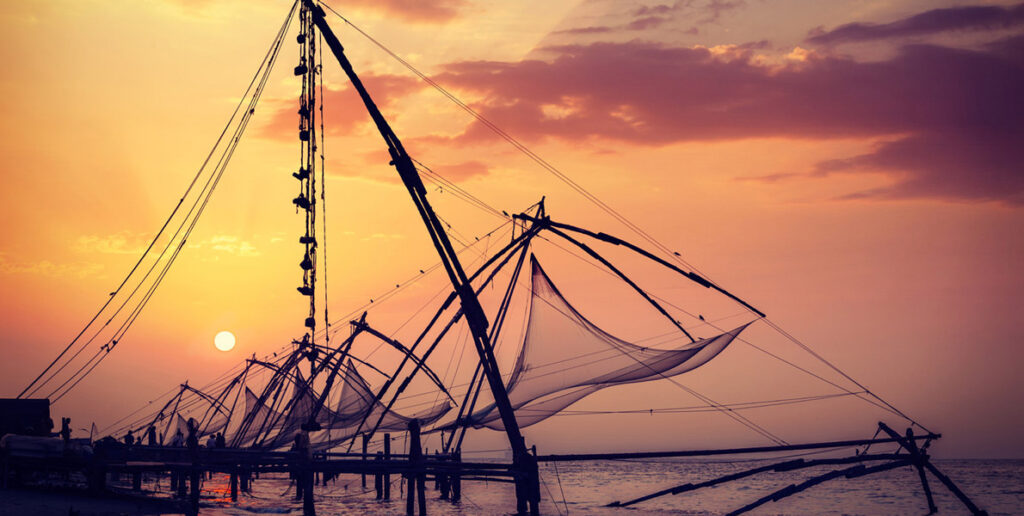
A Legacy Etched in History
Kochi’s coastline tells tales of explorers, merchants, and monarchs. Over the centuries, the city welcomed Arabs, Chinese, Jews, Portuguese, Dutch, and British traders — each leaving behind architectural and cultural imprints that still define Kochi’s character today.
Here are five remarkable facts that highlight Kochi’s unique heritage:
- First European Colony in India (1503)
Kochi became the first European colonial settlement in India when the Portuguese established their base here. This marked the beginning of European influence in the subcontinent. - Home to the Oldest European Church in India
The St. Francis Church, built by the Portuguese, is India’s oldest European church. It once held the remains of the famous explorer Vasco da Gama, whose voyages changed global trade forever. - India’s Oldest Synagogue
The Paradesi Synagogue, constructed in 1568, stands in Mattancherry and remains the oldest active synagogue in the Commonwealth of Nations. It reflects Kochi’s long-standing multicultural harmony. - Historic Chinese Fishing Nets
Introduced by Chinese traders in the 14th century, these massive cantilevered fishing nets along Fort Kochi’s coast are among the most photographed icons of Kerala — a living symbol of its ancient trade links. - A Thriving Hub for Cruise Tourism
Today, Kochi is one of India’s premier cruise tourism destinations, with a dedicated terminal that welcomes international cruise ships. Its modern maritime infrastructure continues its age-old legacy of global connection.
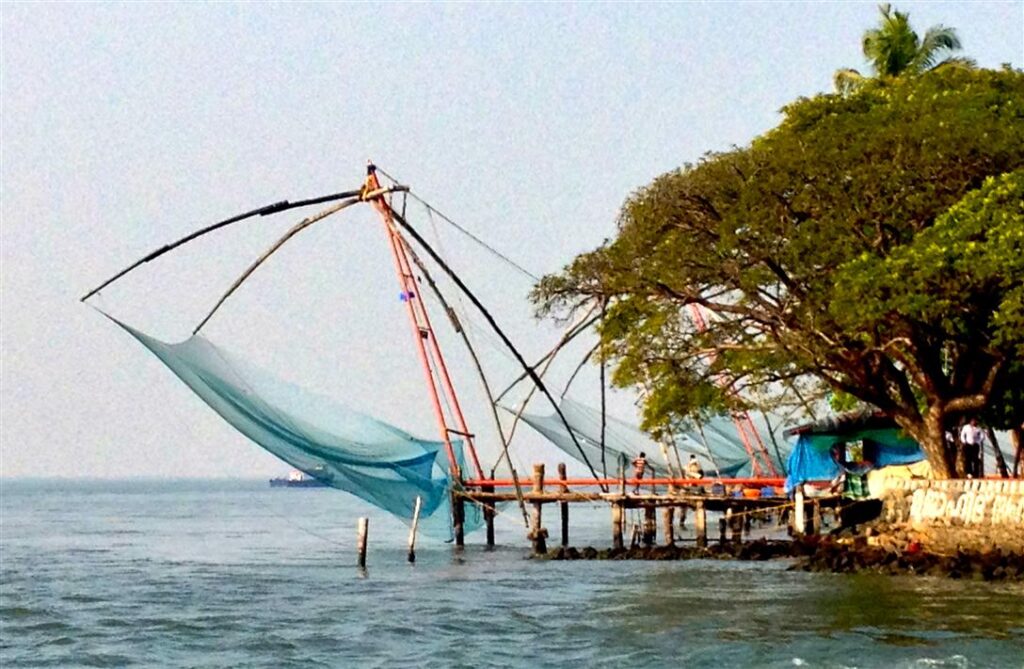
A City That Connects Eras
From ancient spice ships to modern cruise liners, Kochi has seamlessly blended tradition with transformation. Its story reflects India’s emergence as a global trade power, while still preserving its cultural soul.
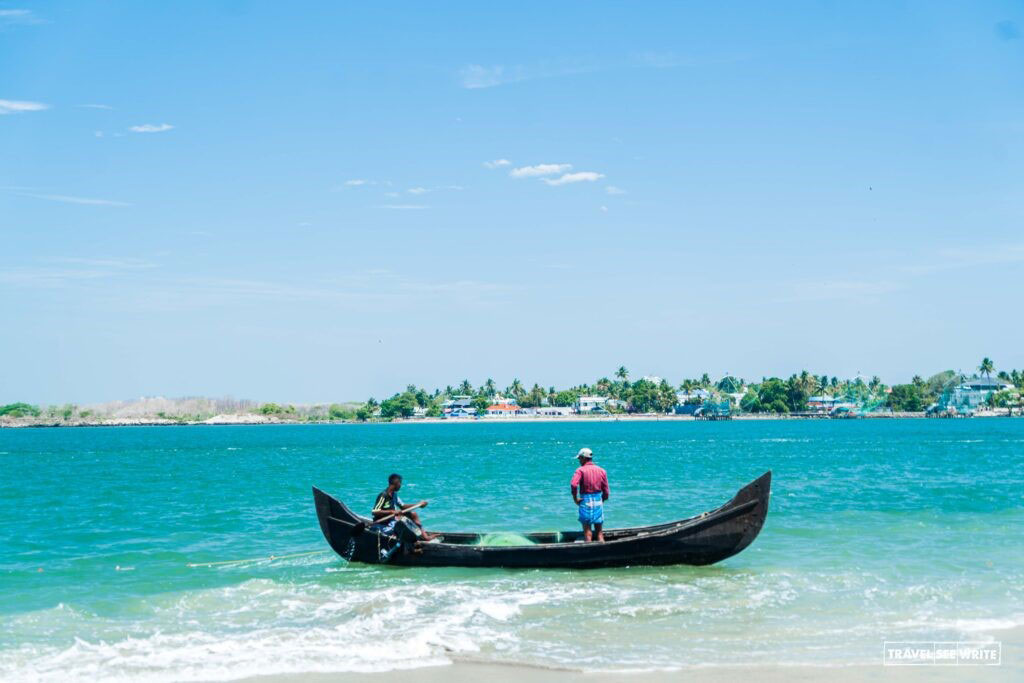
Kochi stands not just as a port city, but as a symbol of openness, exchange, and resilience — truly deserving its title as “The Queen of the Arabian Sea.”

Disclaimer: This article is for general informational purposes and aims to highlight the historical and cultural significance of Kochi as a major maritime and spice trade hub.












